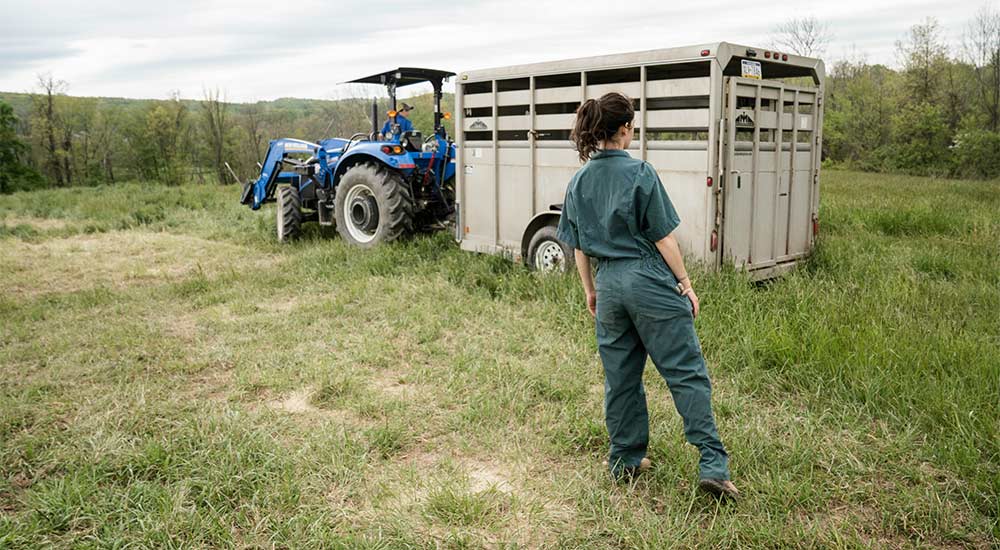Tips for Youth Safety on a Farm

According to a 2022 Consensus of Agriculture study, there was a 7% increase in farmers under 44 with the largest jump being in the youngest producers, under 25 years of age. This data seems to indicate a growing interest in farming amongst younger people. We also know that 96% of farms in the United States are classified as family farms*, a leading indicator that future generations will have opportunities in the farming industry.
Farming can be a rewarding experience for youth, offering valuable life skills and a strong work ethic. However, it also comes with its own set of risks. Ensuring the safety of young individuals on a farm is paramount.
ATV Safety
All-Terrain Vehicles (ATVs) are commonly used on farms for various tasks, but they can be dangerous if not handled properly.
- Training: Ensure that youth receive proper training on how to operate an ATV safely.
- Age-Appropriate Vehicles: Only allow youth to operate ATVs that are suitable for their age and size.
- Protective Gear: Always wear helmets, gloves, and other protective gear.
- Supervision: Never allow unsupervised ATV riding.
- Safe Riding Practices: Teach youth to avoid riding on public roads, steep slopes, and unfamiliar terrain.
Safety with Animals
Interacting with farm animals can be unpredictable and requires caution.
- Understanding Animal Behavior: Educate youth on the behavior of different animals and how to approach them safely.
- Supervision: Always supervise young children when they are around animals.
- Safe Handling: Teach proper techniques for handling and feeding animals to avoid bites and kicks.
- Secure Enclosures: Ensure that animal enclosures are secure and that youth know not to enter without permission.
- Hygiene: Encourage regular handwashing after handling animals to prevent the spread of zoonotic diseases.
Equipment Safety
You should review your farm insurance policy to make sure all necessary equipment is covered and reinforce that farm equipment can be hazardous if not used correctly.
- Training: Provide thorough training on how to operate farm machinery safely.
- Age Restrictions: Only allow youth to operate equipment that is appropriate for their age and skill level.
- Protective Gear: Ensure the use of appropriate protective gear, such as gloves, goggles, and ear protection.
- Maintenance: Regularly maintain and inspect equipment to ensure it is in good working condition.
- Supervision: Always supervise youth when they are using farm equipment.
Safety Related to Confined Spaces
Confined spaces on a farm, such as grain bins and silos, pose significant risks.
- Education: Teach youth about the dangers of confined spaces and why they should avoid them.
- Restricted Access: Clearly mark confined spaces and restrict access to authorized personnel only.
- Emergency Plans: Have emergency plans in place and ensure youth know what to do in case of an emergency.
- Buddy System: Never allow youth to enter a confined space alone; always use the buddy system.
- Ventilation and Monitoring: Ensure proper ventilation and continuous monitoring of air quality in confined spaces.
Safety is a shared responsibility, and educating younger individuals about the potential hazards and safe practices is key to preventing accidents and injuries.
*Source: 2022 Census of Agriculture Impacts the Next Generations of Farmers | USDA
